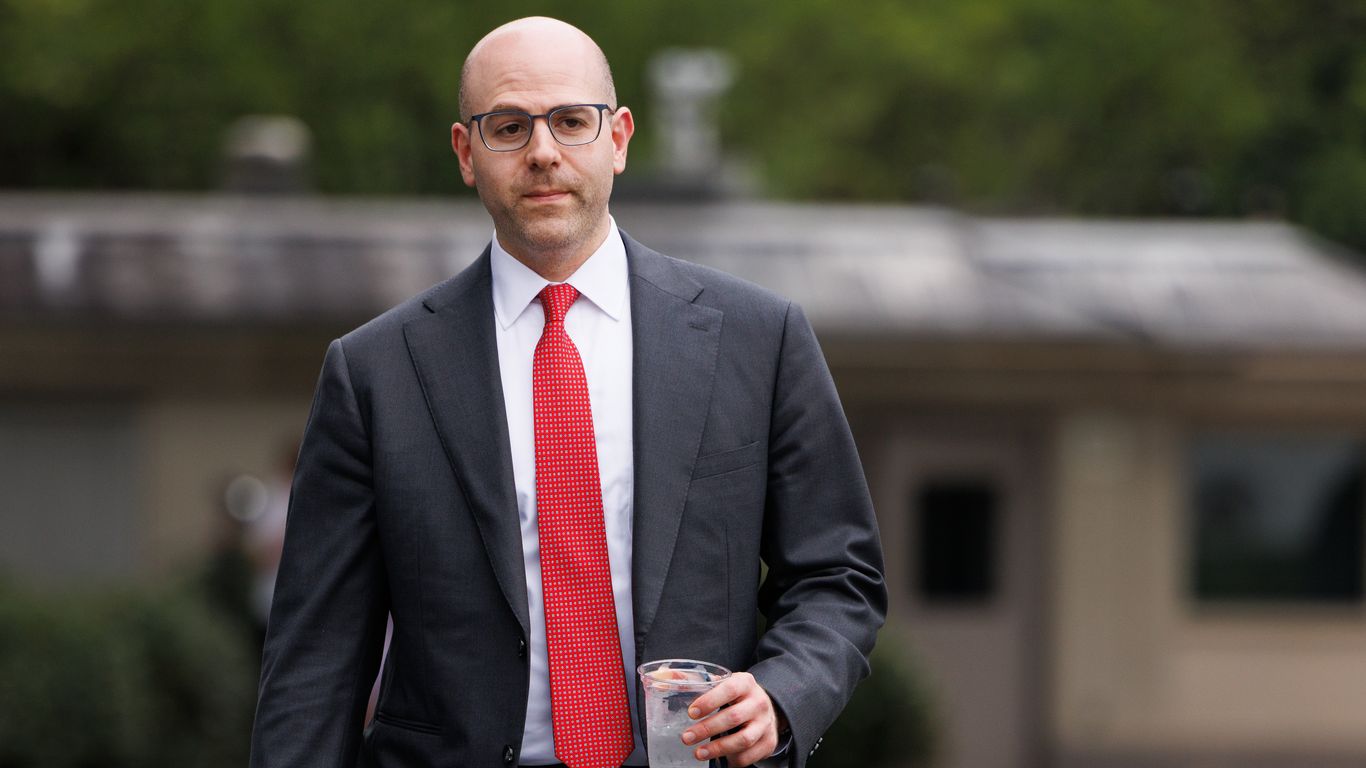Trump's Impact on American-style Capitalism

Introduction
The Trump administration has been known for its controversial policies and decisions, but its impact on the economy may be more far-reaching than anticipated. As business leaders clash with the President's demands, the future of American-style capitalism is being called into question. Critics warn that Trump's actions are reshaping the economy and could have lasting effects on businesses and consumers alike.
Challenging Business Leaders
In recent years, the current administration has made headlines for its confrontations with business leaders. From demanding that companies keep jobs in the US to publicly calling out CEOs, Trump has not shied away from challenging the corporate world. This has led to a climate of uncertainty and fear among companies, as they try to navigate the political landscape while also maintaining their bottom line.
The Threat to American-style Capitalism
As the government becomes more involved in the operations of businesses, there are concerns that this could pose a threat to the principles of American-style capitalism. The idea of a free market, where companies can operate without government interference, is being challenged. With Trump's demands for business leaders to step down and for the government to take a cut of sales, the future of the economy is uncertain.
Conclusion
In conclusion, the Trump administration's actions are causing a ripple effect in the economy, with businesses and consumers caught in the
About the People Mentioned
Donald Trump
Donald John Trump, born June 14, 1946, in Queens, New York, is an American businessman, media personality, and politician. He graduated from the University of Pennsylvania’s Wharton School in 1968 with a degree in economics. In 1971, he took over his family’s real estate business, renaming it the Trump Organization, through which he expanded into building and managing skyscrapers, hotels, casinos, and golf courses. Trump gained widespread fame as the host of the reality TV show *The Apprentice* from 2004 to 2015, which helped establish his public persona as a successful entrepreneur. Trump entered politics as a Republican and was elected the 45th president of the United States, serving from 2017 to 2021. His presidency was marked by significant policy actions including tax cuts, deregulation, the appointment of three Supreme Court justices, renegotiation of trade agreements (notably replacing NAFTA with the USMCA), and a focus on immigration control including border wall expansion. He withdrew the U.S. from international agreements such as the Paris Climate Accord and the Iran nuclear deal, and engaged in a trade war with China. His administration’s response to the COVID-19 pandemic was criticized for downplaying the virus’s severity. Trump was impeached twice by the House of Representatives—first in 2019 for abuse of power and obstruction, and again in 2021 for incitement of insurrection—but was acquitted by the Senate both times. After losing the 2020 election to Joe Biden, Trump challenged the results, culminating in the January 6, 2021, Capitol riot. He remains a central figure in American politics, having won the 2024 presidential election and returned as the 47th president in 2025, continuing to promote policies aimed at economic growth, border security, and military strength[1][2][3][4].














